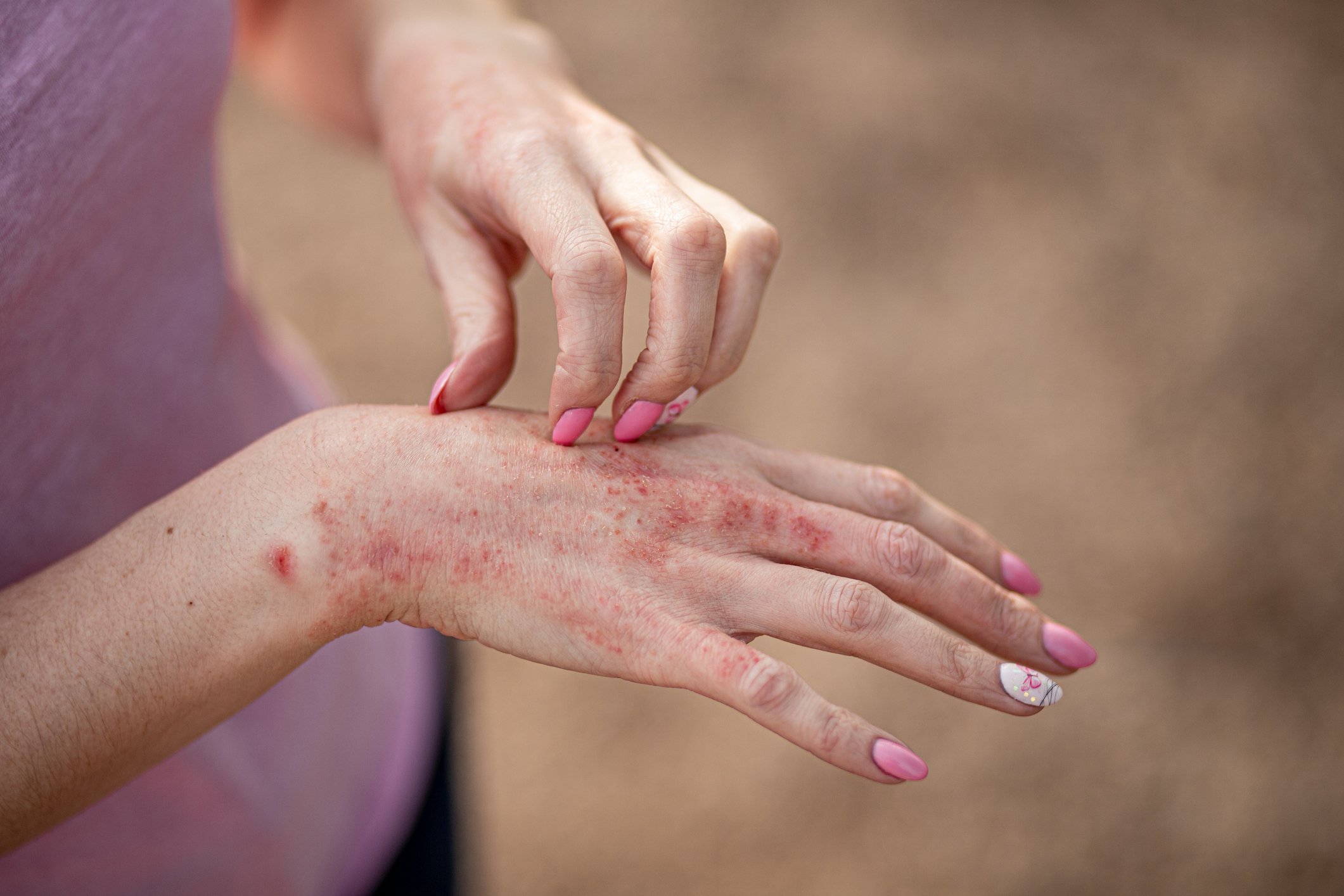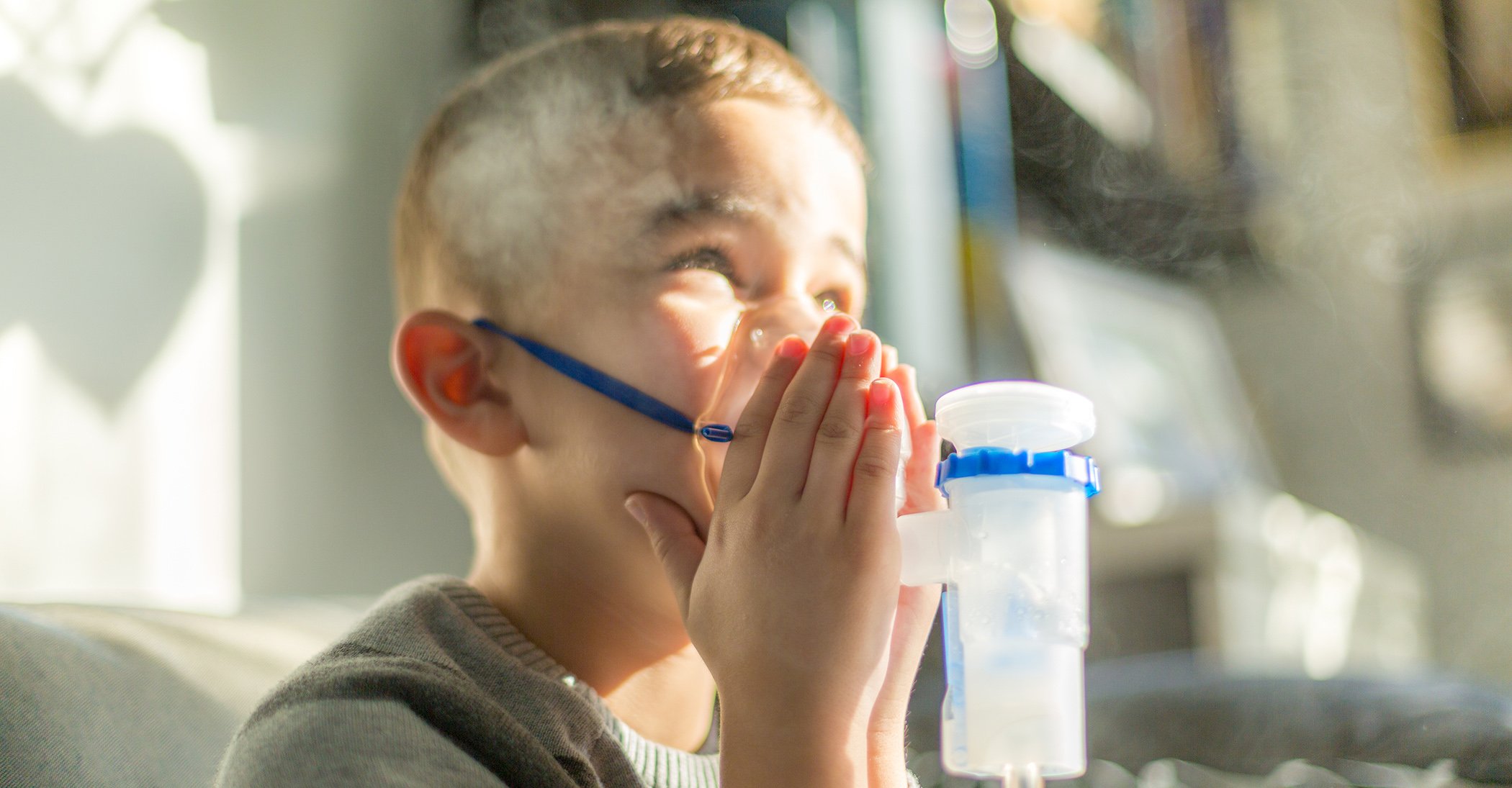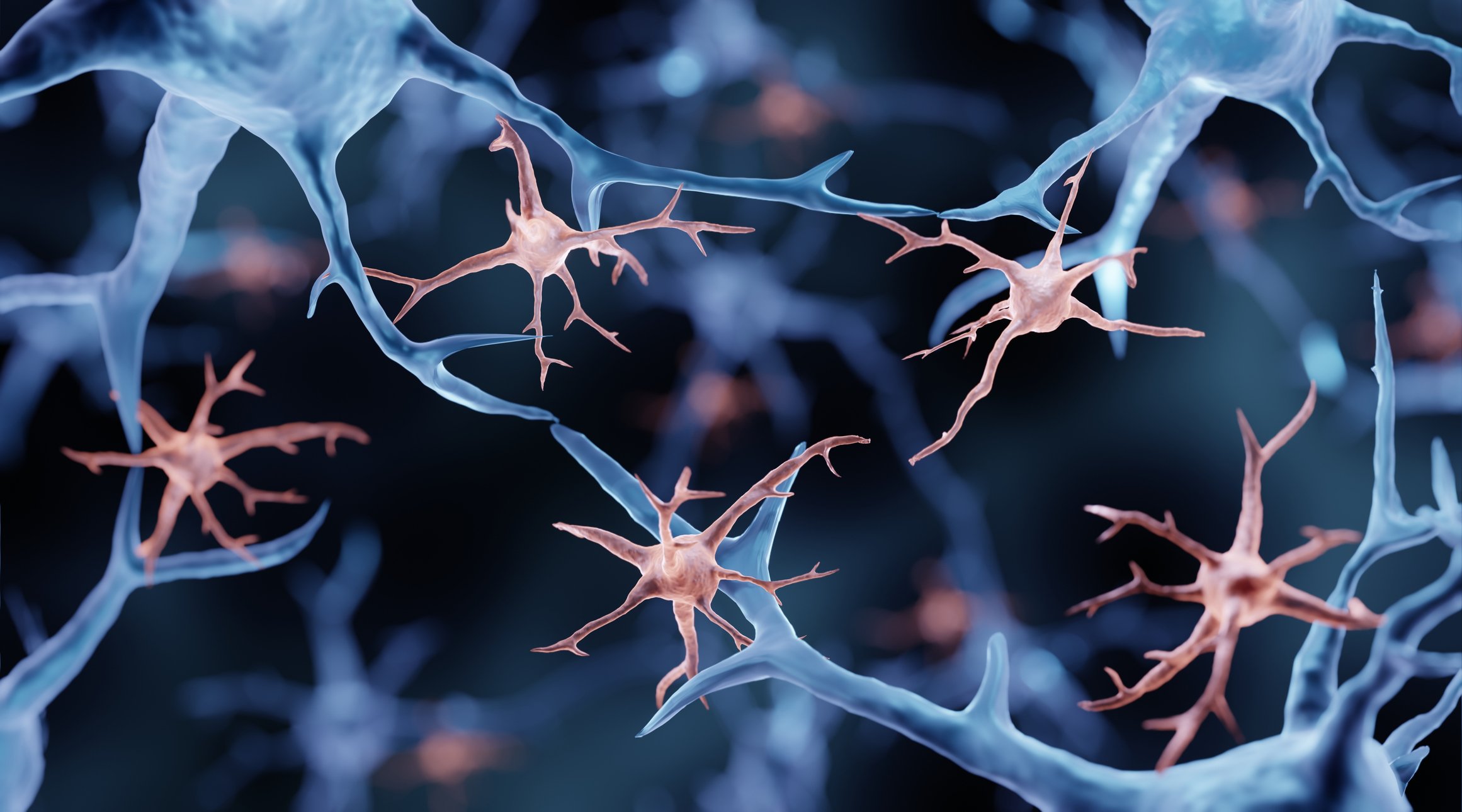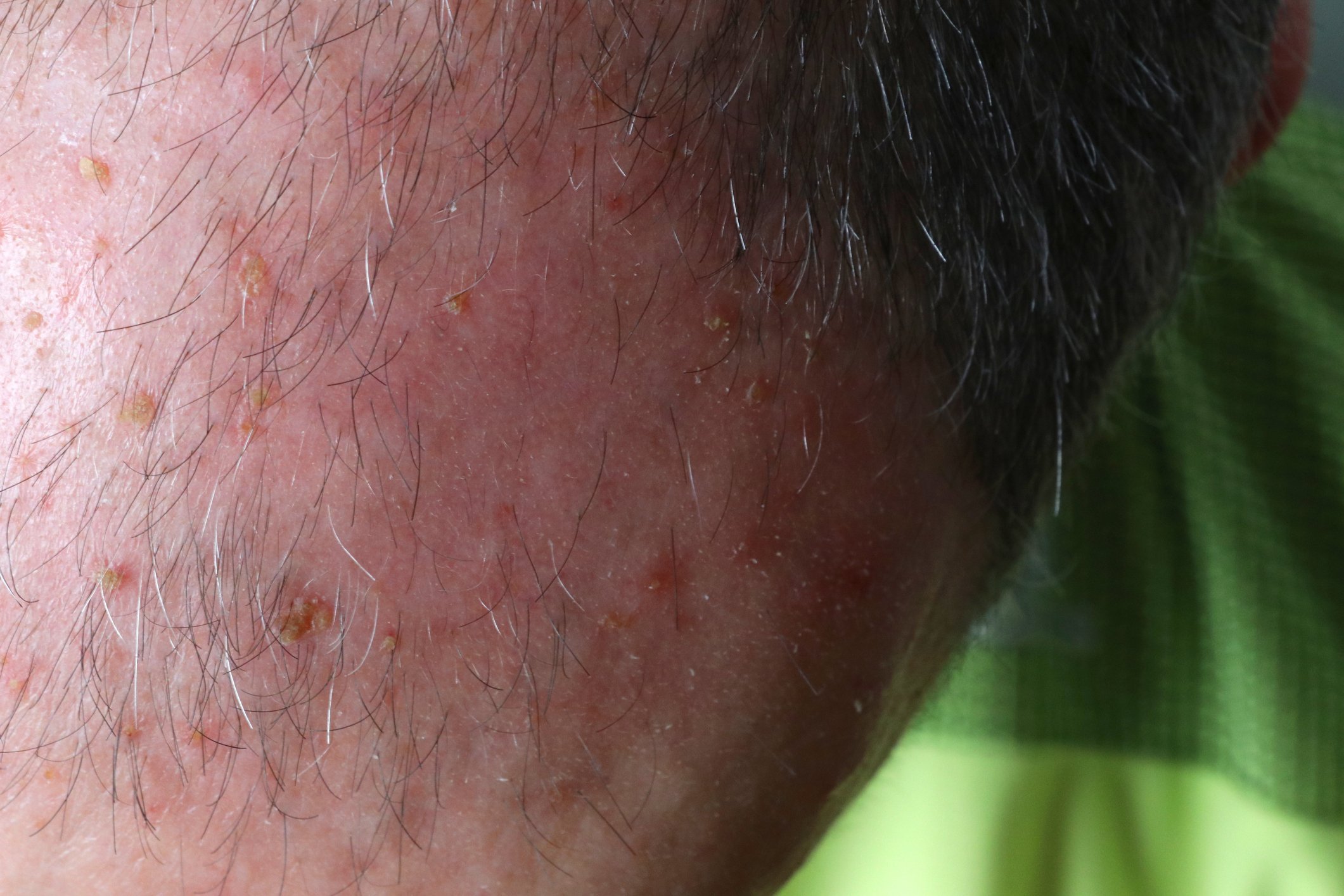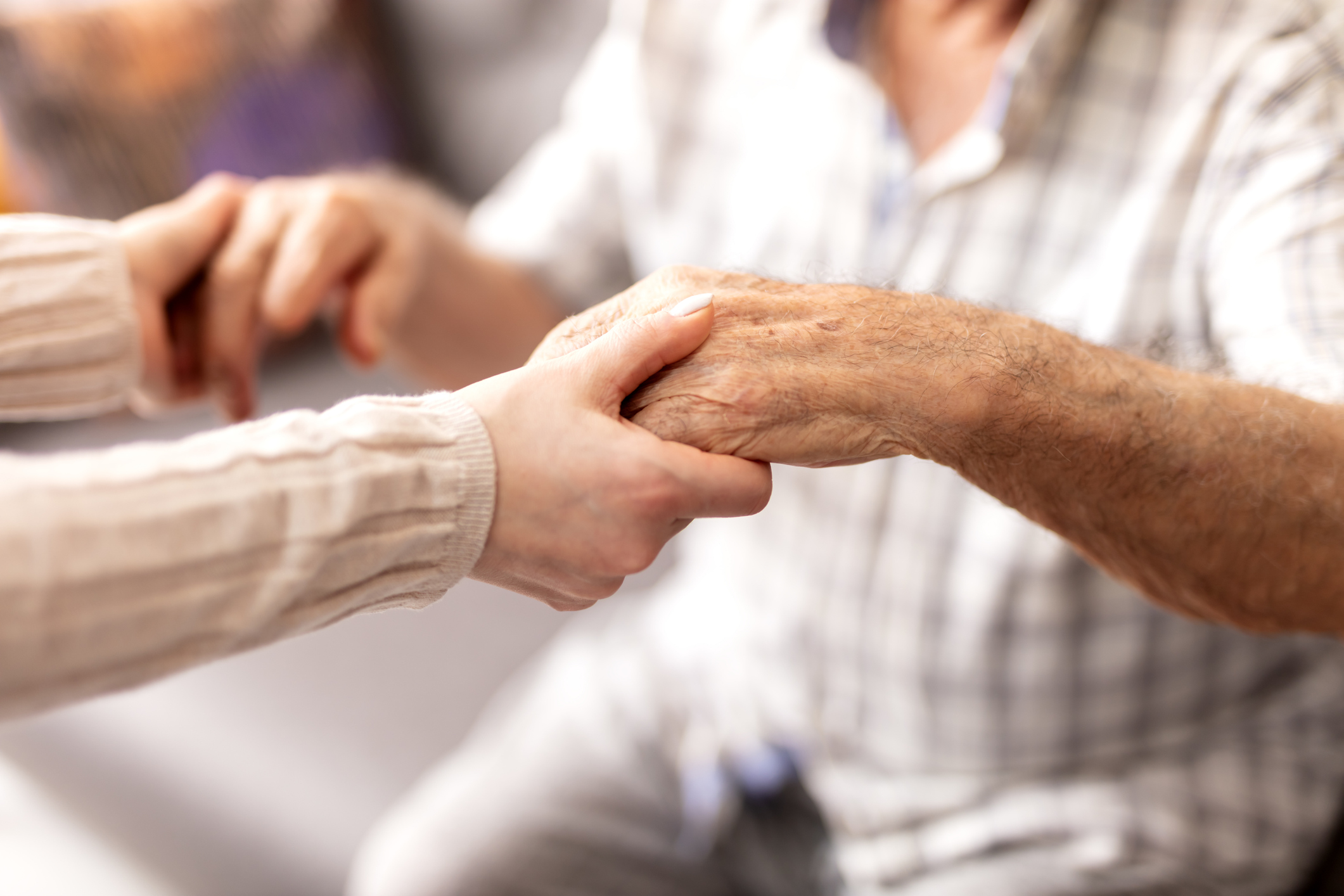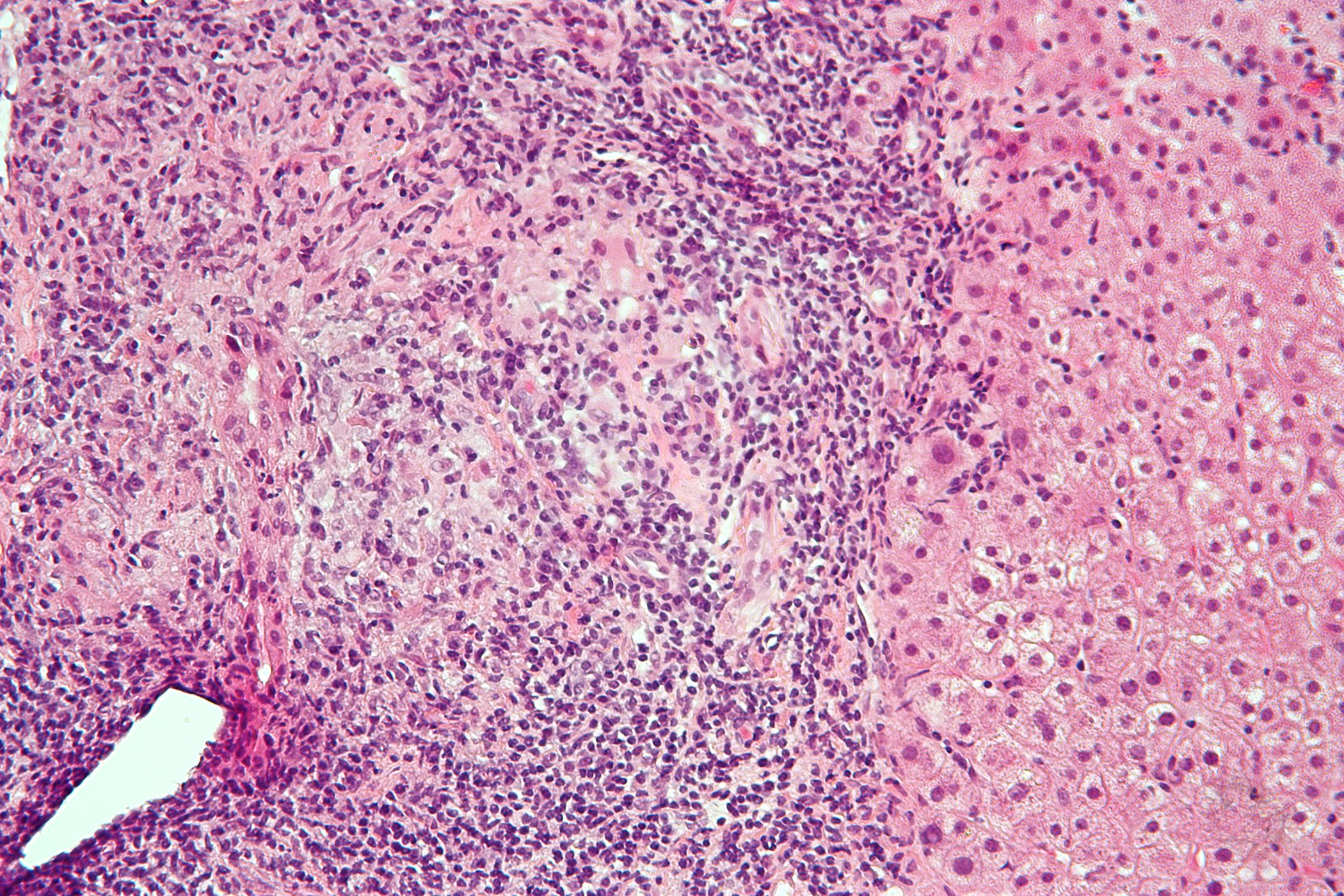Pancreatic cancer has a very high mortality. In Switzerland, 1172 people fall ill with it every year, 1080 die. At Shire’s media briefing, a comprehensive overview of the disease was given, current therapeutic options including the new approval of Onivyde in Switzerland were presented, and a patient spoke about her moving disease story.
“This December makes it five years since I was diagnosed with cancer …. a very bad moment … the worst day of my life”, moving words with which a young woman introduces the story of her pancreatic cancer. She was 35 years old when diagnosed. The number of younger patients is increasing for unexplained reasons, also notes Prof. Dr. Markus Borner, ONCOCARE, Engeriedspital der Lindenhofgruppe in Bern. There are hardly any causal risk factors for pancreatic cancer. Examples include smoking, excessive alcohol consumption, increasing age, and family stress. None of these were present in the young patient. The typical symptoms of this disease, which usually become apparent only by local progression or metastasis, were also absent. Often, however, it is the abdominal pain, weight loss, jaundice, fatty stools, or diabetes that are nonspecific symptoms that point to the cancer. By the time the diagnosis is made, 80% of patients are already at an inoperable stage [3]. In 10-20% of cases, a curative treatment approach exists with surgical resection, which can increase 5-year survival from 5 to 10% [4]. For the other 80% (and partly as adjuvant therapy), gemcitabine-containing chemotherapy has been available as first-line therapy to date. Due to residual microscopic tumor cell volumes, there is defiantly a high proportion of local progression and metastasis [4].
New registration Onivyde
Adult patients with metastatic andenocarcinoma of the pancreas and disease progression after first-line gemcitabine-based therapy have had a treatment option available in Switzerland since July 2017 with Onivyde, which can significantly improve overall survival in this setting. Swissmedic approval was based on the NAPOLI-1 trial, a global open-label phase III study that compared the use of liposomal irinotecan (nal-IRI, 80 mg/m2) combined with 5-fluorouracil (5-FU) and leucovorin (LV) biweekly with the administration of onivyde monotherapy (120 mg/m2) every three weeks and a control group with 5-FU/LV alone [5]. Combination therapy of Onivyde plus 5-FU/LV demonstrated a median overall survival of 6.1 months vs. 4.2 months (p=0.012) compared to therapy with 5-FU/LV alone. There was no significant difference in overall survival between Onivyde monotherapy and the control 5-FU/LV group (4.9 vs. 4.2 months, p=0.94). Progression-free survival was 3.1 months with Onivyde plus 5-FU/LV whereas it was 1.5 months with 5FU/LV alone (p=0.0001).
According to the authors of the study, therapy with Onivyde plus 5-FU/LV had a manageable side effect profile. Grade 3 and 4 toxic side effects occurred, the most common being neutropenia at 27%, diarrhea at 13%, fatigue at 14%, and vomiting at 11%. Overall, 11% of patients discontinued therapy with Onivyde plus 5-FU/LV.
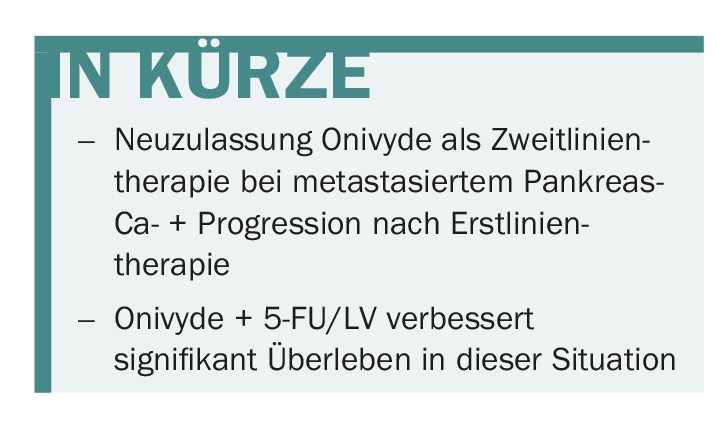
The mode of action of Onivyde is based on the encapsulation of the active ingredient irinotecan with a pegylated lipid bilayer [6], this is expected to improve transport and prolong tumor exposure time to the active ingredient. In addition, this should reduce the necessary dose and reduce side effects, according to Prof. Borner.
The young patient also reported that the side effects can sometimes be so severe that the therapy has to be interrupted for a short time in order to “catch one’s breath”. In addition to medical therapy, mutual support by those affected, e.g. in self-help groups, is all the more important. Contact to self-help groups can be arranged by the Swiss Cancer League, which is also available for any other questions regarding the topic (www.krebsliga.ch). Among other things, with this support behind her, after five years and 55-58 chemotherapy cycles, it is clear to the young woman that she wants to keep fighting and “break all the statistics.”
Source: World Pancreatic Cancer Day 2017 media briefing in Bern, November 16, 2017.
Literature:
- Worlwide date. World Cancer Research Fund website. www.wcrf.org/int/cancer-facts-figures/worldwide-data (as of 11/20/17).
- Inernational Agency for Research on Cancer. http://eco.iarc.fr/EUCAN/Country.aspx?ISOCountryCd=756 (as of 11/20/17).
- Hidalgo M: Pancreatic cancer. N Engl J Med 2010; 362(17): 1605-1617.
- Jones OP, Melling JD, Ghaneh P: Adjuvant therapy in pancreatic cancer. World J Gastroenterol 2014; 20: 14733-14746.
- Wang-Gillam A, et al: Nanoliposomal irinotecan with fluorouracil and folinic acid in metastatic pancreatic cancer after previous gemcitabine-based therapy (NAPOLI-1): a global, randomised, open-label, phase 3 trial. Lancet 2016; 387(10018): 545-557.
- Drug Compendium. https://compendium.ch/mpro/mnr/28140/html/de (as of 11/20/17).





